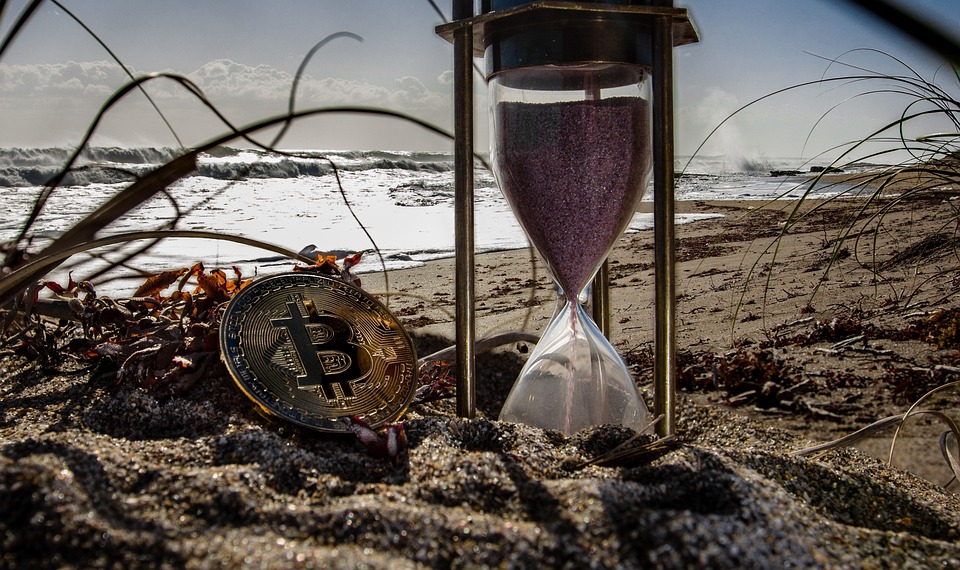Cryptocurrency Exchange Security: A Checklist for Safe Trading
The rapid growth of the cryptocurrency market has led to a proliferation of exchanges, making it increasingly important for investors to prioritize security when trading digital assets. Unfortunately, many exchanges have fallen victim to hacking attacks, resulting in significant losses for users. To ensure a safe and secure trading experience, it’s essential to evaluate the security measures of your chosen exchange. In this article, we’ll provide a comprehensive checklist to help you assess the security of your cryptocurrency exchange.
1. Strong User Authentication
A robust user authentication system is the first line of defense against unauthorized access. Look for exchanges that use two-factor authentication (2FA) or multi-factor authentication (MFA) to ensure that only authorized users can access their accounts.
2. Secure Storage and Cold Wallets
Cryptocurrencies are highly susceptible to theft if stored online. Ensure that your exchange uses a combination of hot and cold wallets to store your funds. Hot wallets are connected to the internet and can be accessed easily, while cold wallets are offline and provide an additional layer of security.
3. Encryption and Data Protection
Exchanges should use advanced encryption techniques to protect user data and transactions. Look for exchanges that use industry-standard encryption protocols, such as SSL/TLS, and have a clear data protection policy in place.
4. Regular Security Audits and Penetration Testing
Reputable exchanges regularly conduct security audits and penetration testing to identify vulnerabilities and strengthen their defenses. Ensure that your exchange has a robust security testing program in place.
5. Secure APIs and Web Interface
APIs and web interfaces are common entry points for hackers. Look for exchanges that have secure APIs and web interfaces, using protocols like HTTPS and JSON Web Tokens (JWT) to ensure data integrity and authenticity.
6. Insurance and Escrow Services
In the event of a hacking attack or theft, insurance and escrow services can provide financial protection for users. Ensure that your exchange has a robust insurance policy and escrow service in place.
7. User-Friendly Incident Response Plan
In the unlikely event of a security breach, a user-friendly incident response plan can help minimize losses and maintain trust. Look for exchanges that have a clear incident response plan in place and communicate effectively with users during times of crisis.
8. Regulatory Compliance
Exchanges operating in regulated jurisdictions are more likely to prioritize security. Ensure that your exchange is registered with relevant regulatory bodies and compliant with industry standards.
9. Reputation and User Reviews
A reputable exchange with a good user reputation is more likely to have robust security measures in place. Research the exchange’s reputation online and read user reviews to get a sense of their security track record.
10. Continuous Education and Training
Finally, ensure that your exchange has a culture of continuous education and training. Regularly updated security personnel and IT staff can help identify and mitigate emerging threats.
Conclusion
Trading cryptocurrencies requires a high degree of trust in the exchange you choose. By evaluating the security measures of your exchange using this checklist, you can ensure a safe and secure trading experience. Remember, security is an ongoing process, and it’s essential to stay vigilant and adapt to emerging threats.

